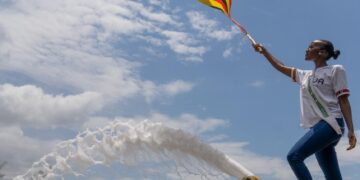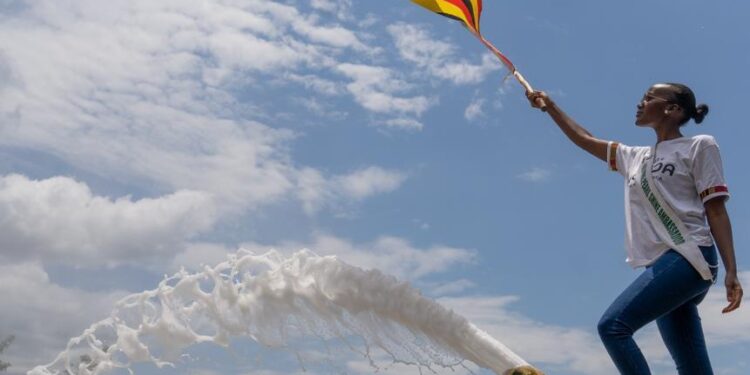The government through the Ministry of Tourism, Wildlife and Antiquities, has embarked on plans to make tourism and doing business in the sector cheaper in a bid to pull more tourist numbers as well as improve the infrastructure and services in the sector.
For the past years, Ugandans have alleged travel to Ugandan parks is more expensive than going to Dubai, something the authorities at the Ministry, have noted.
This, the State Minister of Tourism Wildlife and Antiquities, Martin Mugarra, says they are on track to make travel and touring destination Uganda, cheaper, affordable and efficient, with the same top-notch services.
In Uganda, many travellers/ tourists list the costs of accessing, and staying in National parks, and transportation, as one of the key challenges, they face.
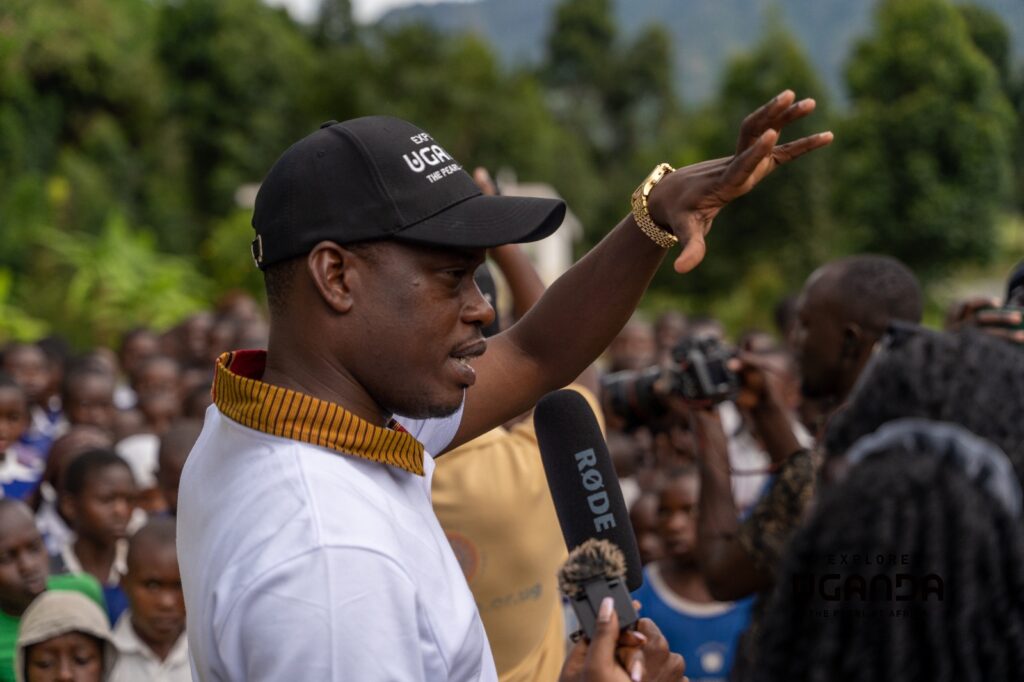
Yvone Ategeka of Kunda Tours and Travel said business in the Tourism sector would have been affordable and more profitable, however, challenges in marketing destination Uganda, High rates for hotels, domestic tourists, and inadequate infrastructure coupled with tourism packages for clients living with disabilities, are biting.
She says the Ministry and its agencies should regulate hotel rates for nationals and continue connecting the road network to the Tourism sites, with user-friendly facilities for the disabled.
Ategeka says rates of activities In Jinja city are so high yet it’s a close tourism destination from Kampala, adding, “Rates of Murchison falls have been increased making it less desirable to tour, with Hotel rates all through being so high.”
Commenting on the cost of running a standard lodge, Nyombi Thembo decried the cost of service in the sector, saying they have to foot bills whether they have guests or not.
“In our sector, the rooms are perishable services. If no one sleeps there, it’s gone. They have to clean it and set it afresh, so those fixed costs are not easy to handle. I know some of the biggest and most magnificent hotels that have been crippled because of costs. The building is there but the software (service) is gone,” he noted, adding that this sometimes informs the pricing.
He says about 50% of hotels if not supported, will collapse and those that have not collapsed physically will have to lower the standards.
However, he thanked the government for some of the cushions it has extended to the hospitality sector through the Uganda Development Bank (UDB).
“I am a beneficiary of UDB. We got some loans although a loan is a loan, we are grateful it has helped push us. We are currently doing training and improving some services. We hope to see some light at the end of the tunnel. We are seeing some bookings come in.”
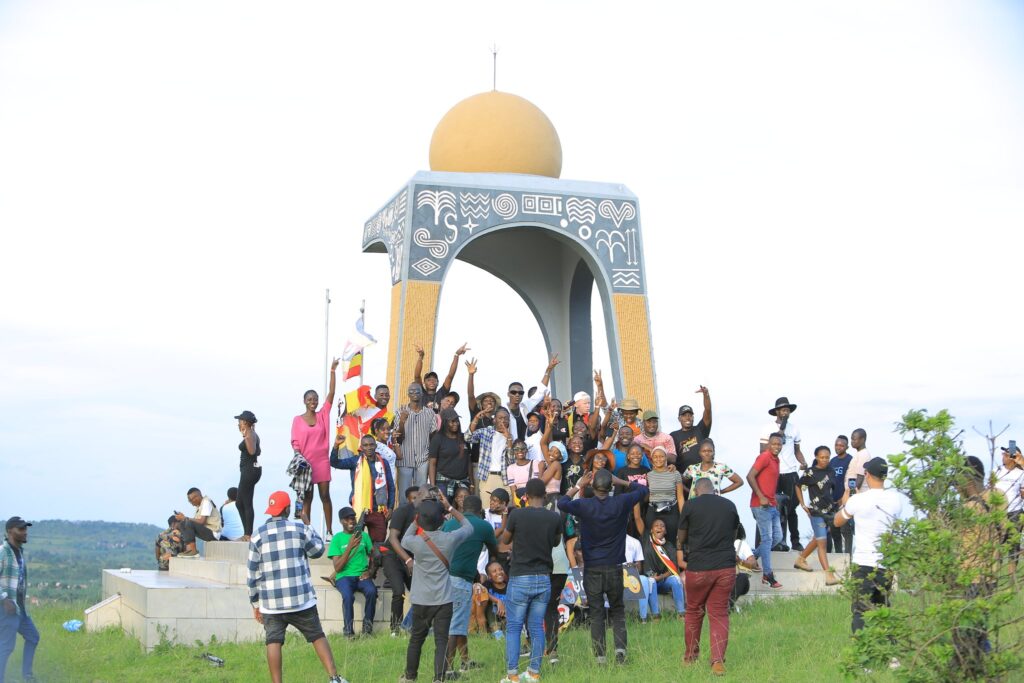
He commended the government’s policy on the hospitality sector citing the scrapping of VAT on hotels.
However, Mugarra says this is being worked on, with progress where one can get accommodation as low as Shs 35000 in the National Parks, adding more is being done to see this is even more affordable.
He says there is some information gap in the sector, adding that everyone in the sector is catered for. Many service providers in collaboration with the Uganda Wildlife Authority (UWA) are providing high-range, mid-range and low-range accommodations to tourists.
“There is lack of proper information within the community and public at large, accommodation in the tourism industry is segmented. We slept in Queen Elizabeth National Park, and people were able to get accommodation as low as Ugandan Shs 30000- Shs 50000, you can get accommodation this cheap, but also this depends on the categories (high-end and low-end) some international travellers are even complaining they want accommodation of high end of about USD 1000-2000. But all I can say is everyone is catered for, and we shall continue working on the prices with the private sector,” he said.
Mugarra added, “People also think entrance in our parks are expensive, but this is not right, you can enter a park from Shs 10000 and above.”
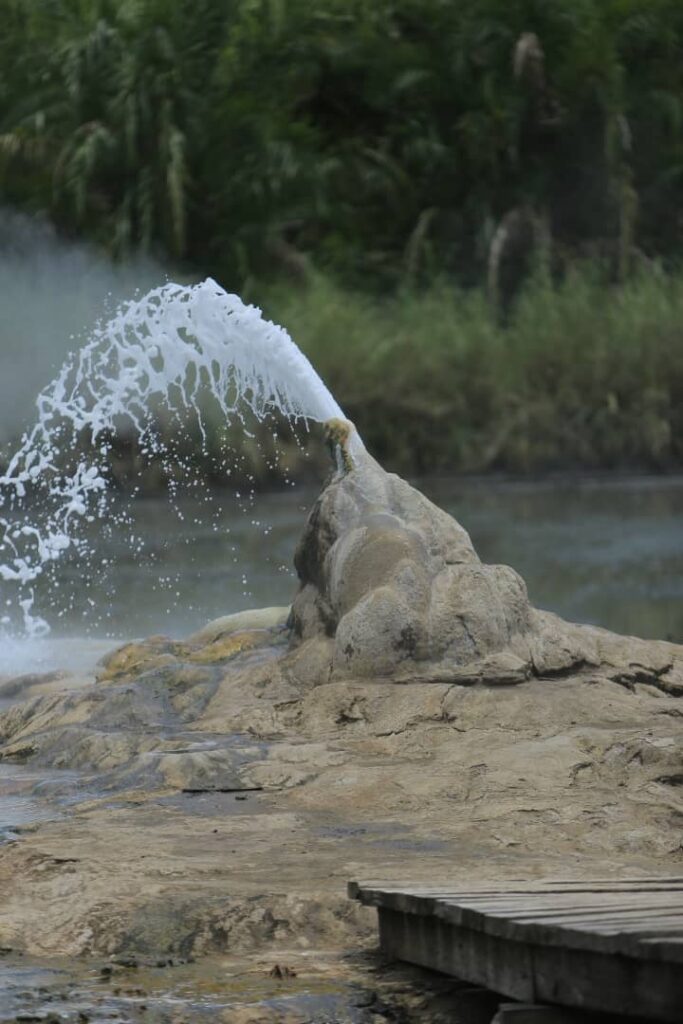
On the cost of doing business, Mugarra says the Ministry through the Uganda Wildlife Authority (UWA) and other agencies, has decided to give out concessions and some incentives to people who can set up accommodation facilities in the different parks around the country.
In an interview, Dorcus Rukundo Twesigomwe, the Business Development Manager at UWA, revealed that the Authority, has so far given 9 concessions to investors and 7 of these were given to Ugandan companies.
She noted that most have started activities, in the different locations, adding, “When complete, we believe this will create more accommodation and tourism products in the different parks across the country.”
Similar to Rukundo, Mugarra argues that the concessions will bring more services both infrastructure and Software in the park, but also help decrease the prices being paid for the services offered.
“Through UWA, we have agreed to open some of the protected areas to create more accommodation facilities and right now we want to do more concessions in the protected areas. We will be giving these out before May ends. When you have a lot of facilities it is upon the travellers to make a choice, however when you lodge in a particular area, during peak time and other days, it becomes more expensive for the traveller,” he said.
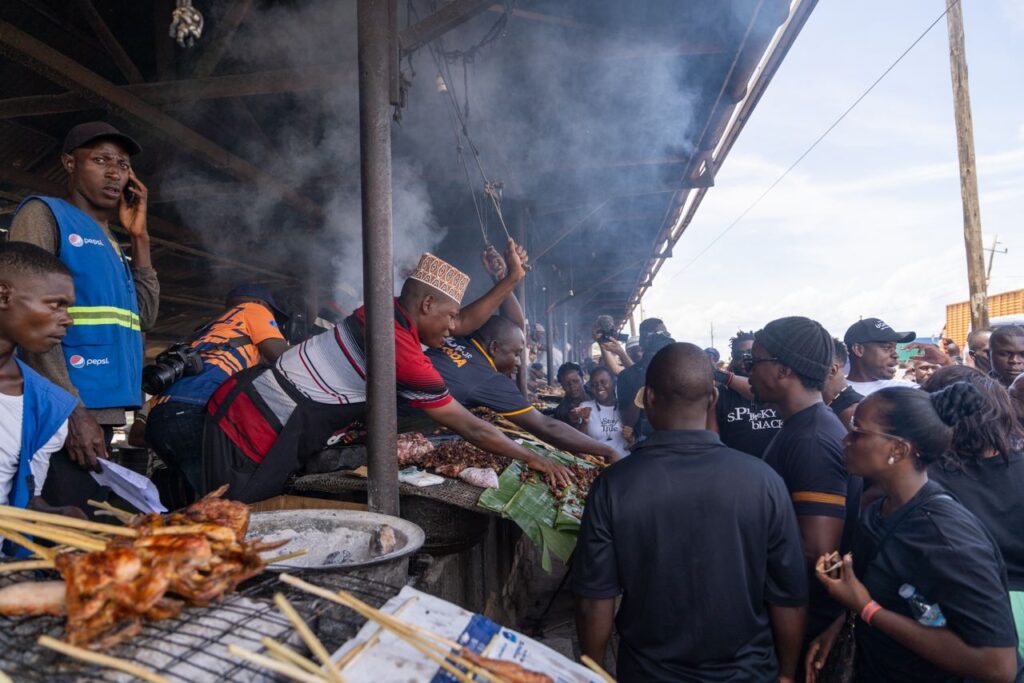
“We have taken it deliberately as a ministry to open up the areas to some investors and believe this will positively impact the pricing.”
Furthermore on the different cushions for business people, adding more tourism products and why the concessions, Stephen Sanyi Masaba, the Director of Tourism and Business Development at UWA, noted that the purpose is to enable the business community participate in the country’s development, through Investment in accommodation tourism products and services, providing services that can enhance Uganda’s tourism experience and services in the National Parks.
“Like in Kake Mburo, we want to bring in a high-end lodge that can offer four-star services, we don’t have that there. A lodge that can host over 400 guests overlooking Lake Kigarama. In Queen Elizabeth, we have many opportunities for people to invest in the high-end facilities, currently, we have Mweya Safari Lodge and some few but want others to come in, these opportunities, have been profiled high end, mid range and low range,” he said.
He explained that in Rwenzori, there are only two investors that take people up to the peak, and the rest is done by UWA, saying this is not sufficient and leaves more unexploited.
“We have little operators that can offer full range services, so we want to open up this to others, with routes from different areas. We also want to put facilities that can help you reach halfway by walking and the rest can be done by cables. So all these opportunities are available and we are opening up to investors,” he says.
On products, Rukundo says as players in the tourism sector, they are looking at new products that can offer new experiences and more value for their money. She adds that adventure tourism like walking safaris, water rafting in Murchison Falls National Park, and hiking of mountains, among others, are some of the products other sector players can build synergies on, to promote.
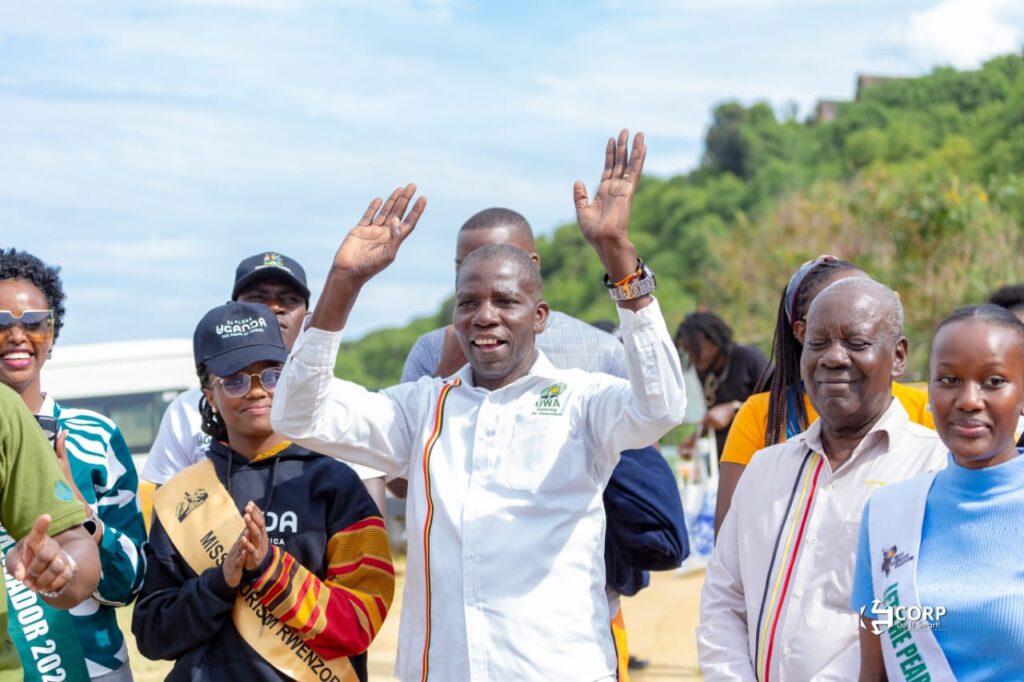
Masaba noted that soon they will advertise such that those interested persons, come and apply.
He observed that one to be given the concessions has to have some relative capital and designs that are environmentally friendly but also show the muscle to market the products that have been put up.
Additionally, more guidelines will be put in the advertisements and investors will have to look at this to gauge if they can make it.
Masaba revealed in the coming concessions, only 20 will be awarded to limit activities and operations in the park, “We don’t want to turn the park into a city and as park management, we will do this in phases.”
Uganda Wildlife Authority, (UWA) manages 10 National Parks; 12 Wildlife Reserves; 5 Community Wildlife Management Areas; and 13 Wildlife Sanctuaries.
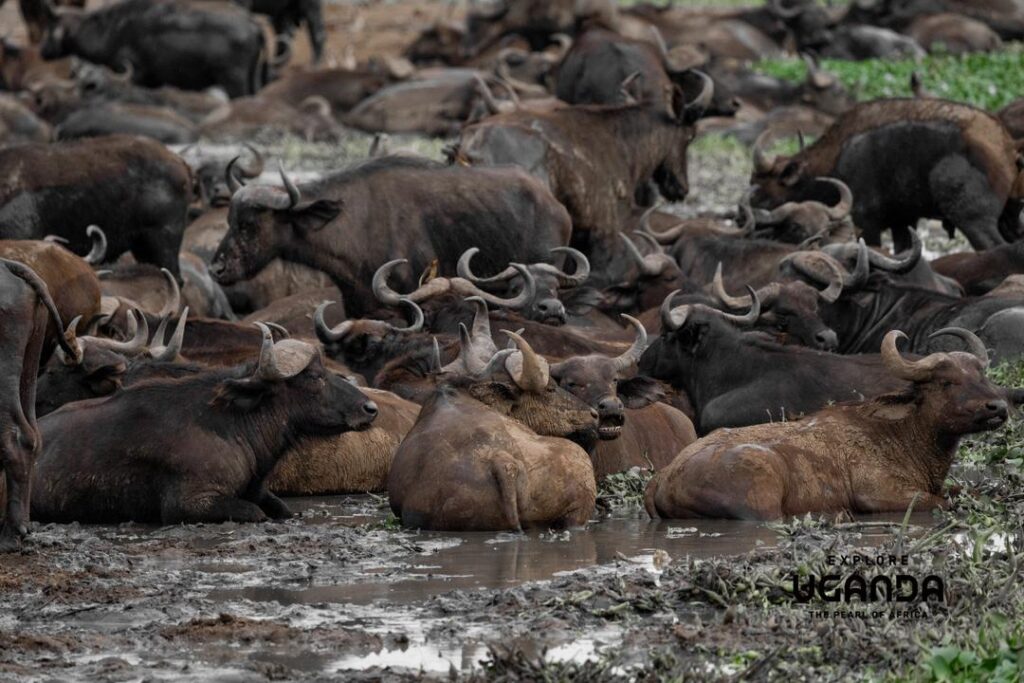
The ten National Parks include Queen Elizabeth, Lake Mburo, Murchison Falls, Kidepo Valley, Kibale, Mount Elgon, Rwenzori Mountains, Semuliki, Mgahinga Gorilla, and Bwindi Impenetrable National Parks.
In 2022, UTB had also taken it upon itself to address the quality in the hospitality sector but also streamline the tour and travel business, to make it smooth for all sector players.
The body, embarked on the registration of Tour and Travel operators, assessing the quality of accommodation facilities, among others.
UTB revealed that there is a big gap in the hospitality sector, especially human resources, where private sector investors are more interested in very nice-looking facilities but look for quick fixes when it comes to human resources.
UTB also observed that standardisation of the hospitality industry means some requirements should be fully informed in the different areas of operation.
Commenting on the quality, Nyombi says the hospitality sector has been able to work on the hardware which includes; cottages, beds, etc, but the service component is still lacking.
“We can easily get the buildings but there is what we call to service by our workers. What we call total quality management from the Askari at the gate to someone serving, even something like a smile is vital in this sector,” he said.
Early this week, the President issued five directives meant to promote and develop Uganda’s tourism industry, these include; setting up Uganda Trade Hubs at Airports and aerodromes across the country, tarmacking the four export aero drones, and training staff in the hospitality industry about Uganda’s tourist locations and government institutions to harmonize communications on the matter of tourism.
On setting up Uganda Trade Hubs, the Head of State directed the Civil Aviation Authority (CAA) and the Ministry of Works to work with the private sector and set up these Hubs starting at Entebbe International Airport. The Hubs will be composed of coffee, chocolate, Uganda leather products, sugar, fruits, vegetables, dairy, beef, poultry, etc., and will be placed for content about Uganda on Tourism and hospitality.
